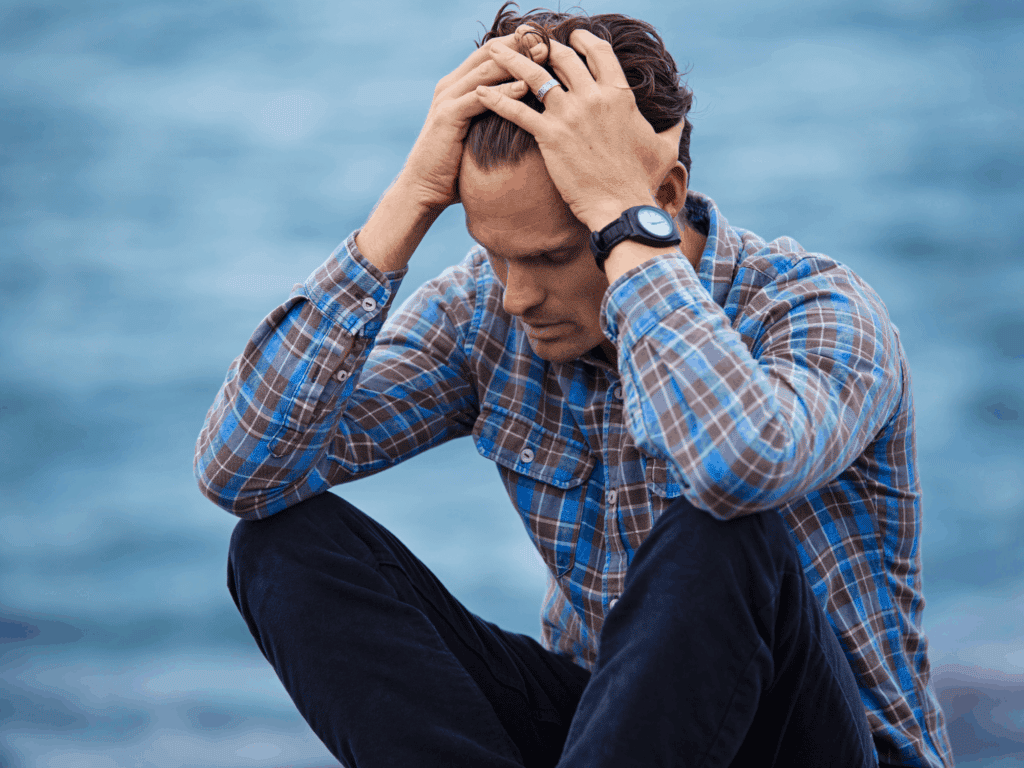Far too often, the popular perception and signs of addiction are exaggerated and dramatized. Images of sunken in cheeks from undernourishment, bags under the eyes of someone who’s not slept, fidgeting hands from anxiety, and other ‘tale-tell’ signs of someone who’s substance abuse and dependence frequently supersede more subtle and often invisible indicators that someone is battling addiction. Oftentimes, the person addicted is well aware of their problem but due to social stigmas that have been attached to abuse such as criminality, worthlessness of the individual, weakness and other negative traits will go out of their way to hide their problem. Alcoholics, for instance, may hide liquor in places away from the kitchen and out of sight where they can be easily accessed without drawing attention to their actions. People addicted to opioid-based painkillers may do the same, masking their consumption by taking the medications in the bathroom with the door shut as if they’re just in there under normal circumstances.
When these problems are well hidden, it can come as a shock to people close to those who end up hospitalized or worse from an overdose or poisoning. Currently, drug overdose is the leading cause of unintentional deaths in the United States, far more than gun or vehicle deaths. In Orange County, 7,457 overdose cases were treated in emergency rooms between 2011 and 2015. A study released by the Orange County Health Agency showed that seven of every ten deaths investigated by the Orange County Sheriff-Coroner during that time involved opioids with Huntington Beach, Dana Point, Costa Mesa, San Clemente and Laguna Beach having topping the charts in terms of raw numbers. Newport Beach reported 78 incidents in the same period.
Recent high profile deaths of young people have shown that it’s not just those who are prescribed opioids who are at risk, such as Chris Love’s passing in 2013, who was part of the Huntington Beach High School surf team. His coach has, since, decided to speak openly to his students about drug use and encourage students to come to him if they or someone else might be at risk.
“It’s an absolute game of Russian roulette when you’re dealing with drugs. There’s only two outcomes – death or rehab,” coach Andy Verdone tells his students.
Parents are encouraged to keep open lines of communication with their children, and to not stigmatize drug addiction to the point where their children who may be dependent on substance use won’t come to them with problems. Often times, anxieties and depression can lead to experimentation with drugs to cope with these kinds of stress and spiral out of control. Even if they are unwilling or scared to come out, knowing about addiction hotlines and other sources of addiction help can possibly save their life.
If you or someone you know or love might be addicted to alcohol or other substances, call Northbound at 866-311-0003. Our drug addiction treatment center at Newport Beach is tailored into a holistic approach that can handle not only the symptoms of drug use but also causes and further prevention.
Author
-

President, CEO & Founder at Northbound Treatment Network
Paul Alexander is the CEO, President & Founder of Northbound Treatment Network in Newport Beach, California. He believes wholeheartedly in transformational leadership, organizational health and effective, fully integrated substance use disorder and mental health treatment. With over 27 years of experience in behavioral healthcare, Paul has extensive knowledge of “in vivo” treatment modalities, clinical development, operations, strategy, marketing and financial planning. He has been widely recognized for his development of collegiate-based residential treatment programs for students in recovery and authored a research study at The University of California confirming this modality’s effectiveness.
Paul’s comprehensive professional experience, willingness to innovate, and emphasis on organizational health are vital factors in Northbound’s continued success. Paul received his Certified Addiction Treatment Specialist training at Saddleback College in Mission Viejo, CA, and was awarded Outstanding Alumni Service Award in 2002. Paul holds a Bachelor of Arts degree in Criminology, Law and Society, Summa Cum Laude, from University of California, Irvine, and a Juris Doctorate degree from Loyola Law School of Los Angeles. Paul currently serves on The National Association of Addiction Treatment Providers (NAATP) board. In addition, he serves on The Family Recovery Foundation board and The CarePossible board in Orange County; both organizations are committed to raising funds for family recovery and treatment for former military personnel. Paul is in recovery himself and lives in Orange County with his wife Silvana and his two young sons, Noah and Dean.







